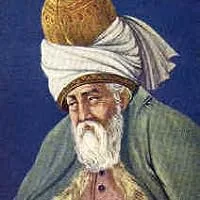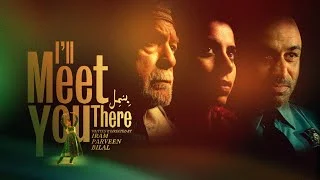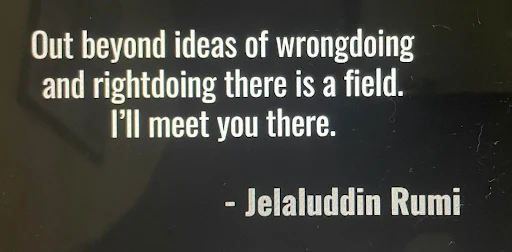 The general order of things in the Universe is such. Every action has an equal and opposite reaction. An eye for an eye, a tit for a tad, and 'you do the crime, you do the time'. Even the karmic rule dictates that we pay our dues. We have been taught to take responsibility for our actions with no recourse. The others will jump at the slightest chance to pounce and breathe down on the perpetrator as if he, in the wise words of Jesus Christ of Nazareth, is eligible to cast the first stone.
The general order of things in the Universe is such. Every action has an equal and opposite reaction. An eye for an eye, a tit for a tad, and 'you do the crime, you do the time'. Even the karmic rule dictates that we pay our dues. We have been taught to take responsibility for our actions with no recourse. The others will jump at the slightest chance to pounce and breathe down on the perpetrator as if he, in the wise words of Jesus Christ of Nazareth, is eligible to cast the first stone. Rumi once wrote, 'The wound is the place where the Light enters you'. A person who is heartbroken but remorseful after a regrettable act is open to amends. Unfortunately, it is not as easy as swiping the slate clean and turning over a new leaf. As practised by Roman Catholics, confessions may offer solace to the perpetrator but not to the victim. The aggrieving party will also have to deal with their own heartaches and trauma. A face-to-face meeting is a logical choice to reach conciliation, but is it really the solution? Can it even happen in this day and age?
 |
| Rumi |
All these sound nice and easy, forgiving and moving up. In reality, it takes a lot of courage and patience. Courage to accept the tragedy affected both parties, the perpetrator and those close to the victim. Patience to hear out what either party has to say to each other. On top of it all, both parties must have suffered enough. The offender must have done time and must have remorse to descend the throne of grandiosity.
Forgiveness is what we see in the three real-life events that are shown here. Forgiveness only comes after deliberation when both parties realise that carrying the burden or guilt is self-defeating. Tackling it head-on with empathy and humility goes a long way.
.jpeg) |
| Avatika Maken and her father's assassin, forgiven. |
 |
| Sr Selmy and her sister's murderer, forgiven. |
The second case study involved the brutal stabbing of a Malayali Catholic nun, Sr Rani Maria, in Udainagar, Madhya Pradesh, in 1995. The talk around town was that the Christian missionaries were busy converting tribal and Dalit communities. Riled by this, Samandar Singh, a farmer, with many landowners, stopped the bus Sr Rani was travelling and stabbed her more than 50 times in broad daylight. Cooped in prison for more than 11 years for his crime, Samandar felt remorse after seeing his accomplices go free.
 |
| Kia Scherr |
Kia Scherr's husband and daughter had come to Mumbai for a meditation retreat. Unfortunately, the Oberoi Hotel where they stayed was in the way of the 26/11 Mumbai terror attack in 2008. Rather than hating India as she lost her whole family there, she has resorted to making annual trips to India as a peace entrepreneur and co-founding a global peace initiative that works to bring tools of peace to education, business and government.
P.S. I struggle to comprehend why some forgive their aggressors while others go all out to throw the heaviest weight of the Law at them to get the maximum of incarceration for them. They would insist that no form of punishment is adequate enough.










